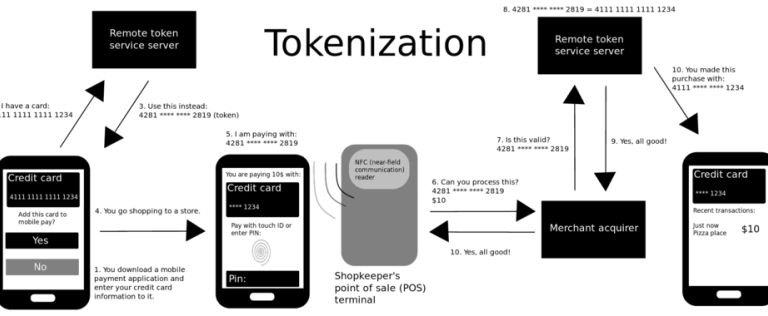
The Private Equity Puzzle: Illiquidity Bottleneck Meets the Tokenization Key in 2025

The private equity landscape has transformed dramatically. The decade of easy money and unprecedented growth, fueled by near-zero interest rates, created a massive concentration of value in illiquid assets – from real estate to software companies. Global PE assets under management more than tripled between 2012 and 2022, soaring past $13.4 trillion. But as we navigate 2025, the tide has clearly turned.
With higher-for-longer interest rates firmly in place and traditional exit routes like IPOs and lucrative secondary buyouts constrained, private equity firms are facing a significant illiquidity bottleneck. The era of simply selling portfolio companies to one another at ever-increasing valuations has quietly ended. This challenging environment is pushing the industry to seriously explore innovative solutions.
Enter tokenization. 🚀🪙🪙🪙
No longer just a theoretical concept, tokenization is emerging as a strategic tool for large capital allocators seeking to unlock flexibility in portfolios that were never intended to remain illiquid for this long. By representing stakes in private equity, real estate, and other illiquid assets as digital tokens on a blockchain, firms can enable fractional ownership, potentially facilitate 24/7 trading, and broaden the investor base.
This isn't just about technological efficiency; it's about building new distribution infrastructure for assets lacking clear exit paths in the current market. Major financial institutions are already making significant moves:
BlackRock is exploring tokenizing shares of its $150 billion Treasury Trust Fund.
Franklin Templeton has launched a fully tokenized U.S. Government Money Fund.
Hamilton Lane is offering tokenized versions of its private equity funds to expand access.
For retail investors, this shift presents a double-edged sword. On one hand, it could democratize access to previously exclusive asset classes. On the other, it's crucial to remember that institutions are driven by the need to create liquidity for assets that are inherently difficult to value and trade.
Tokenization has the potential to fundamentally reshape capital markets and improve capital formation, but we must look beyond the technology itself and consider the powerful incentives driving its adoption.
